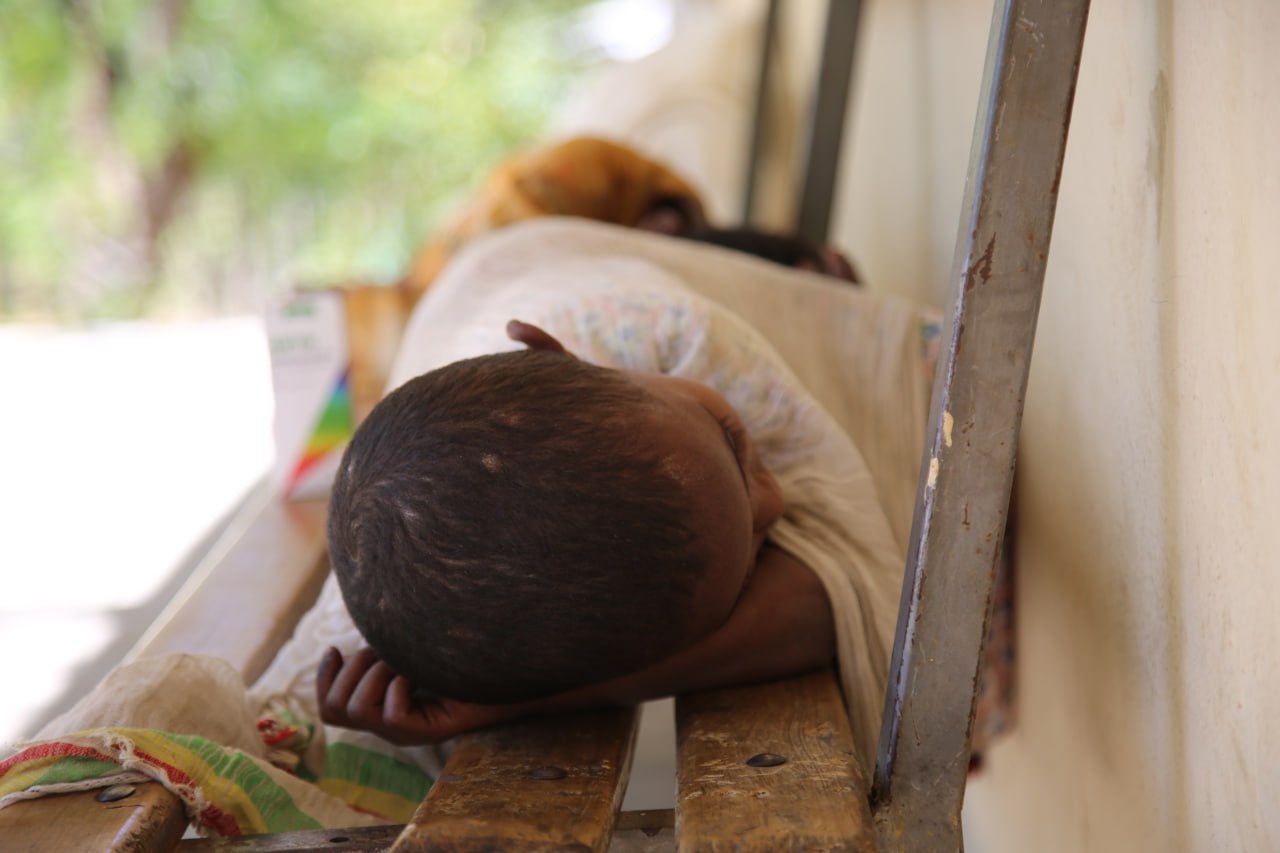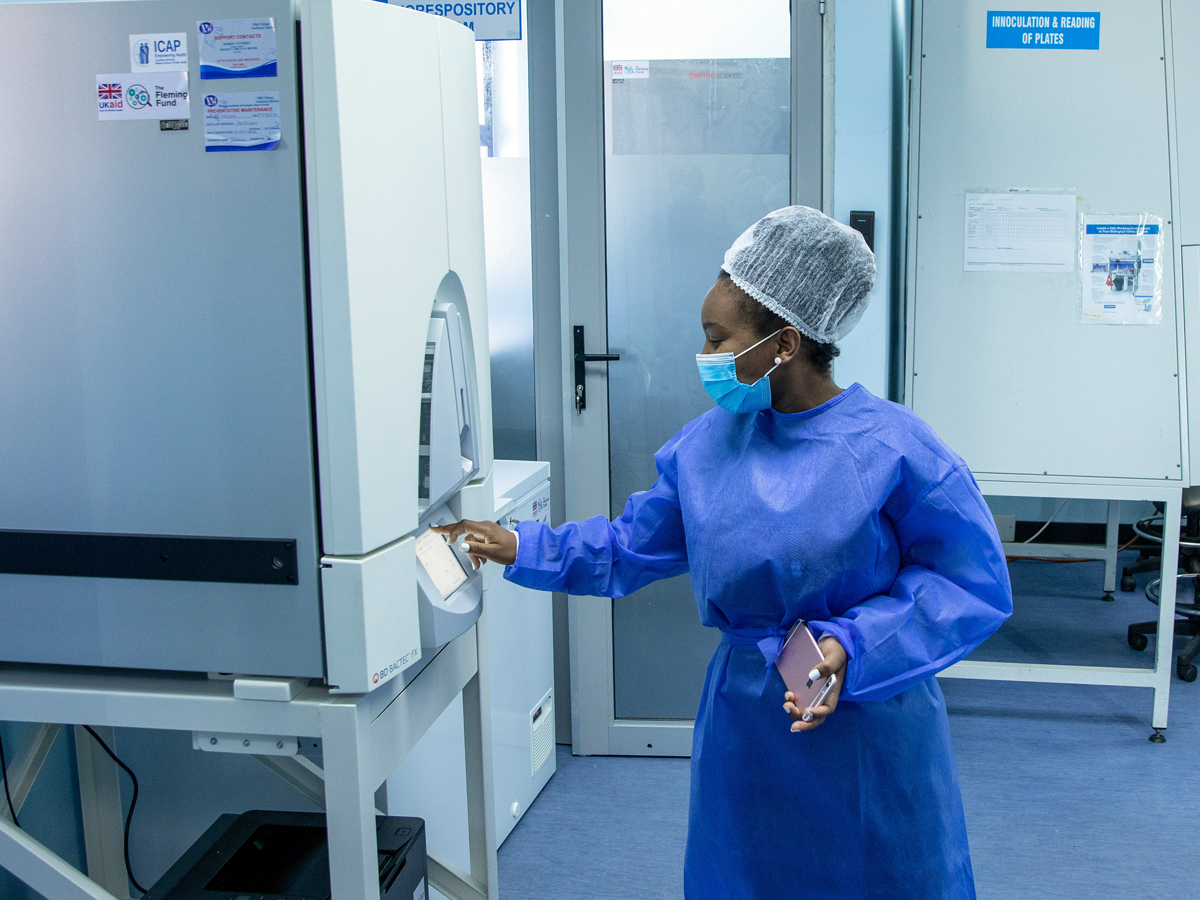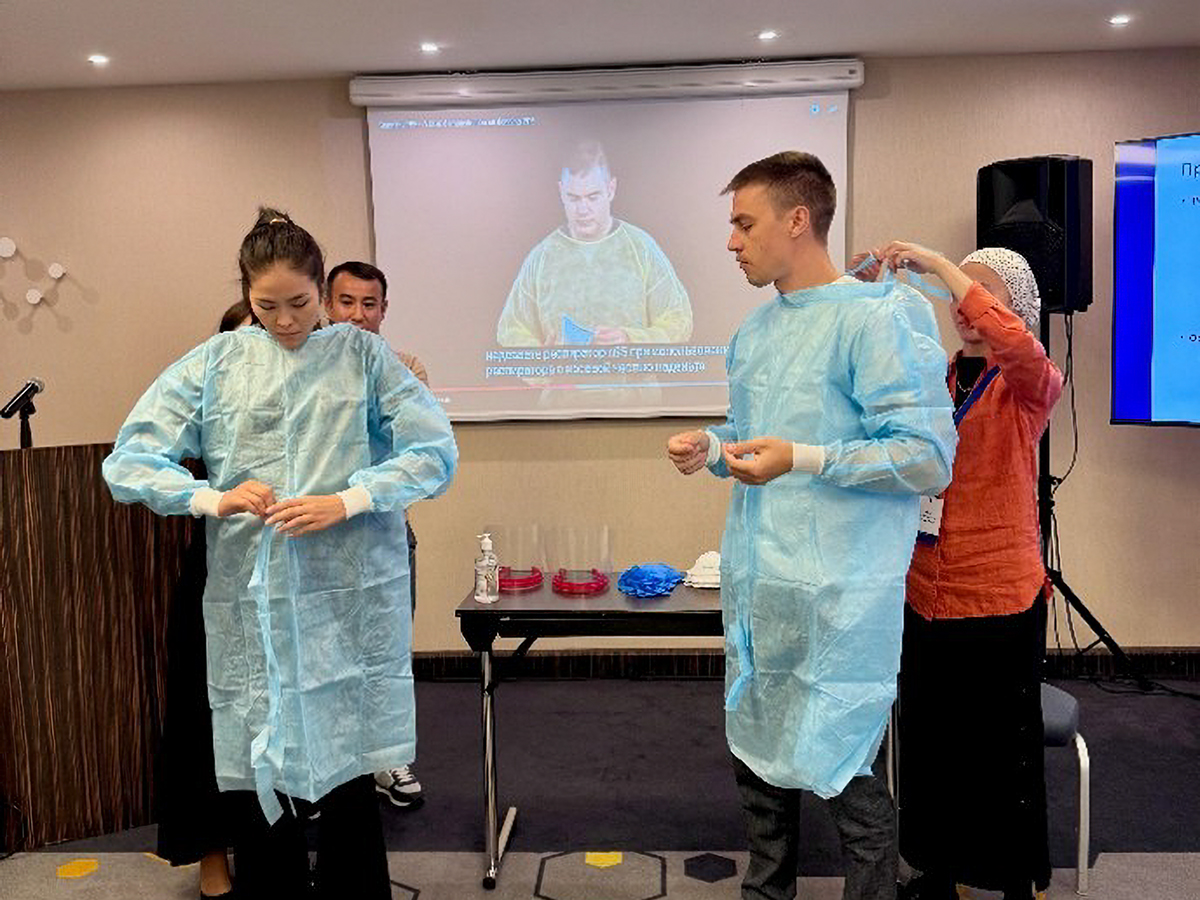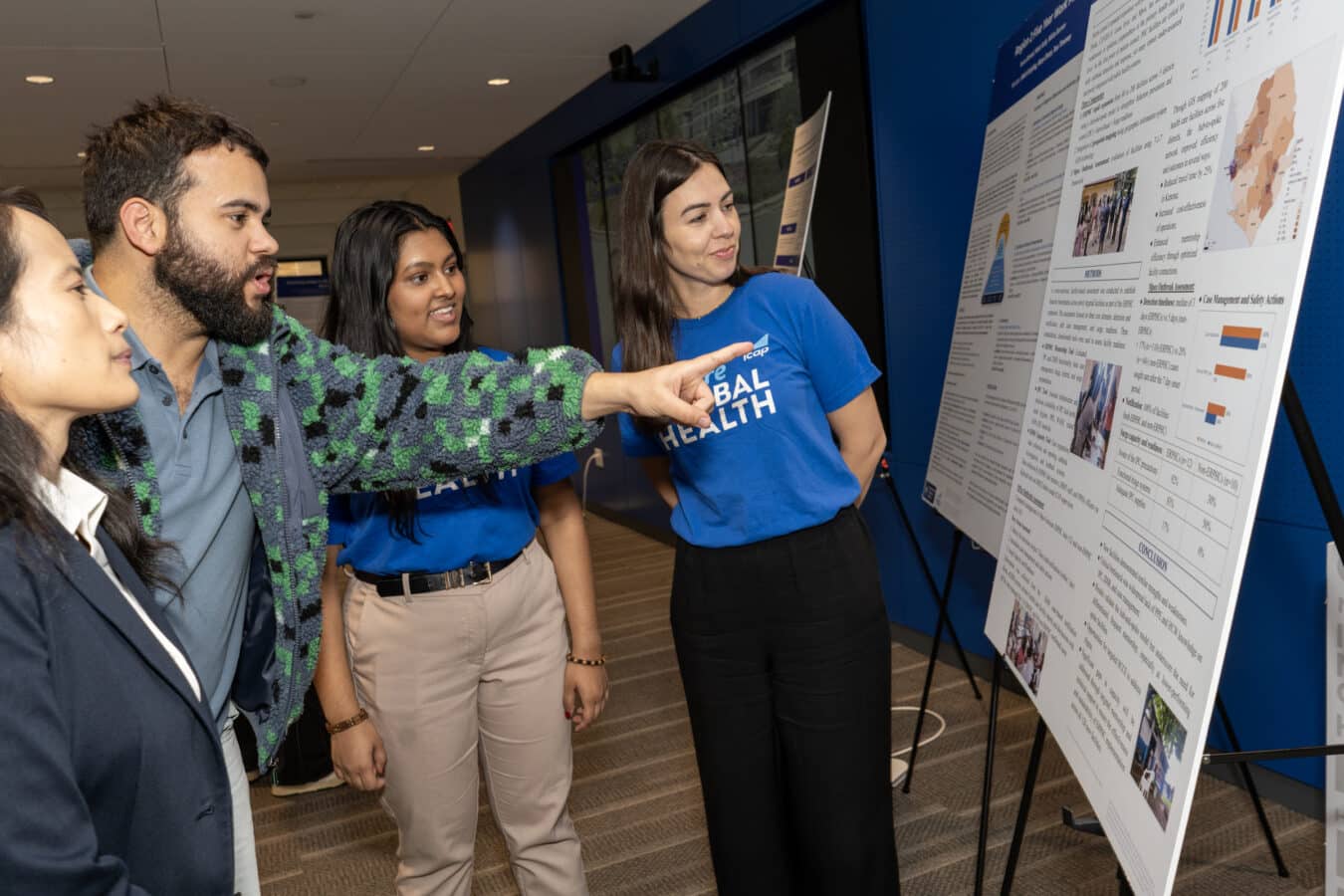On November 23, 2021, the South West Ethiopia Peoples’ Regional State was officially constituted as Ethiopia’s 11th region. Just six months later, a malaria outbreak slammed the fledgling state following a bout of unseasonable rainfall, severely affecting nearly all of its 57 woredas—or districts—and making it the third largest malaria-reporting region in the country.
Malaria is one of the most fearsome threats to health in Ethiopia, where more than two-thirds of the population lives in high-risk areas and over 1.5 million cases are reported annually. South West Ethiopia, encompassing a population of 3.3 million, is particularly prone to malaria outbreaks, and represents over 15 percent of the country’s overall malaria case burden.
“South West Ethiopia is a newly constituted region characterized by weak physical infrastructure, recurrent and heavy floods, a fragile security situation, and poor public health awareness,” explained Megi Wechuro, who heads South West Ethiopia’s Public Health Institute. “These challenges, coupled with the existing weak health care system, have exacerbated the spread of malaria in the region.”
The new region’s government began to successfully address two of its other major public health challenges, malnutrition and louse-borne relapsing fever. The malaria problem, however, only worsened.
In May 2022, the South West Ethiopia Peoples’ Regional State government requested emergency help from ICAP, and it immediately responded. ICAP was already considered a trusted and reliable partner by health officials in Ethiopia, after nearly 14 years of actively working to improve malaria diagnosis across the country through the Malaria Diagnosis and Treatment Activity (MDTA). The MDTA is an initiative funded by the United States Agency for International Development (USAID)—via the U.S. President’s Malaria Initiative—and implemented in Ethiopia by ICAP under the leadership and guidance of Ethiopia’s Ministry of Health and the Ethiopian Public Health Institute.
Within a week, ICAP—in cooperation with the Ministry of Health—had deployed a clinical advisor to the region, along with a team of laboratory and monitoring and evaluation experts. The team began by assessing the malaria situation in Bench Sheko, West Omo, Keffa, and Dawro zones, an area that accounts for a third of the region’s population. Based on those findings, the team of experts provided emergency support to key hospitals, health centers, and community health posts that were struggling with a particularly high caseload of malaria patients. Within six weeks, malarial transmission rates had dropped by almost 75 percent.
“We trained and mentored hundreds of laboratory personnel working in the region in malarial microscopy and quality-assurance procedures,” explained Ayenachew Abebe, MD, ICAP’s team leader for the response. “We also mentored health extension workers and clinicians working in the health posts and health centers on how they can best apply rapid diagnostic tests for malaria diagnosis.”
In addition, the ICAP team provided on-the-job training to health practitioners and supplied health facilities with essential tools and materials such as fever case management and malaria treatment guidelines, malaria epidemic monitoring charts, malaria diagnosis registration books, and patient information documentation forms. Finally, it launched a Malaria Mass Test and Treat initiative in two districts that showed the highest burden of malaria cases.
Thanks to the quick response of ICAP and its partners, malaria cases were cut by almost half each week, and many lives were saved.
“We did the best we could to manage the situation and address at least the most critical and urgent of needs,” said Mekonnen Tadesse, MPH, MSc, ICAP’s deputy chief of party for MDTA.
“Our emergency response, which lasted for over six weeks in the region, has brought an enormous result in terms of reducing the rate of morbidity and mortality,” said Zenebe Melaku, MD, ICAP’s country director in Ethiopia. Going forward, “ICAP will work hard to expand its support to new locations that are susceptible to malaria transmission.”
Since 2008, ICAP has been working with Ethiopia’s Ministry of Health to improve the ability of Ethiopian health centers to detect, diagnose, and treat malaria, as part of the MDTA project, which aims to improve the quality of malaria diagnosis and case management services in Ethiopia.
About ICAP
A major global health organization that has been improving public health in countries around the world for two decades, ICAP works to transform the health of populations through innovation, science, and global collaboration. Based at Columbia Mailman School of Public Health, ICAP has projects in more than 40 countries, working side-by-side with ministries of health and local governmental, non-governmental, academic, and community partners to confront some of the world’s greatest health challenges. Through evidence-informed programs, meaningful research, tailored technical assistance, effective training and education programs, and rigorous surveillance to measure and evaluate the impact of public health interventions, ICAP aims to realize a global vision of healthy people, empowered communities, and thriving societies. Online at icap.columbia.edu








